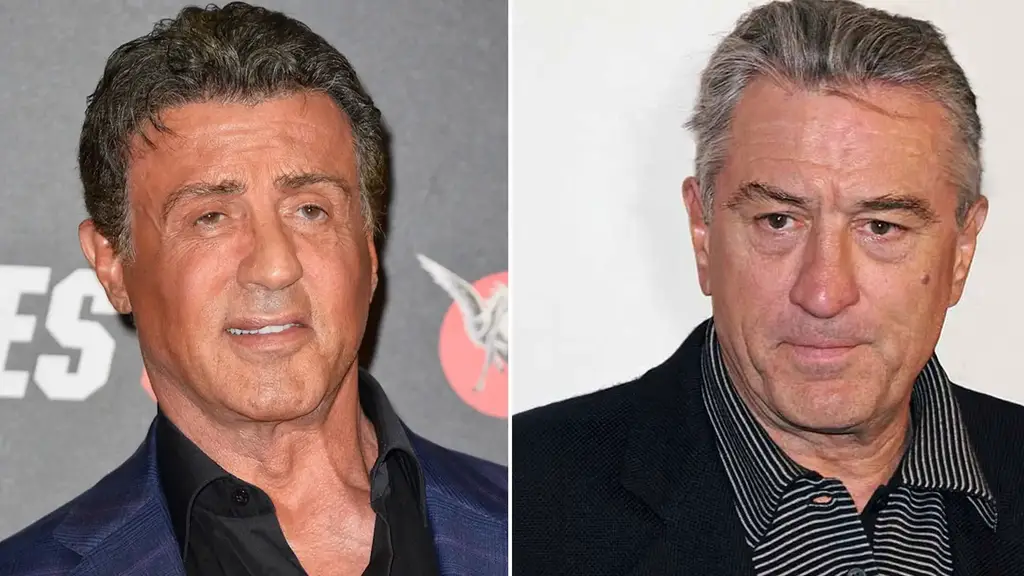- In an extraordinary turn of events, the music and beverage worlds have collided in a most unexpected way. Kid Rock, the American singer-songwriter known for his unapologetic and rebellious style, has filed a whopping $100 million lawsuit against Bud Light, one of the country’s most popular beer brands. The reason? Kid Rock accuses Bud Light of being “too much woke” and producing “woke crap beer,” a statement that has since echoed across media outlets, stirring a whirlwind of reactions.
- To understand the gravity of this lawsuit, it’s essential to delve into the broader context. The term “woke,” originally signifying awareness about social issues, particularly racial injustice, has become a lightning rod in today’s culture wars. In recent years, several brands, including Bud Light, have actively incorporated socially conscious messaging into their marketing strategies, often sparking contentious debates about the role of corporations in social activism.
- Kid Rock’s lawsuit against Bud Light is not just about a clash of ideologies; it’s a reflection of a larger cultural rift that’s increasingly evident in various sectors, from entertainment to consumer goods. For Kid Rock, a figure who has often been vocal about his disdain for political correctness, the move to sue Bud Light is a bold stance against what he perceives as the brand’s excessive embrace of progressive values at the expense of traditional beer-loving demographics.
- The lawsuit’s details outline Kid Rock’s grievances. He claims that Bud Light’s recent advertising campaigns, product packaging, and corporate policies have alienated a significant portion of their consumer base. He argues that the company’s efforts to appeal to a more ‘woke’ audience have gone too far, diluting the brand’s authenticity and heritage in the process. Kid Rock’s legal team asserts that this shift not only misrepresents the values of many beer drinkers but also infringes on the cultural identity that brands like Bud Light have historically represented.
In response, Bud Light has defended its position, emphasizing its commitment to inclusivity and social responsibility. The company asserts that its marketing strategies are designed to reflect and resonate with a broad and diverse audience, aligning with contemporary societal values. They argue that their campaigns are not about being ‘woke’ but about being relevant and responsive to the changing dynamics of society.
The lawsuit has sparked a fiery debate among consumers and industry observers. Some applaud Kid Rock for taking a stand against what they see as the unnecessary politicization of consumer goods. To them, Kid Rock is a champion of the average Joe, a voice against the encroachment of political agendas into every aspect of life, including what beer they drink.
On the other side of the spectrum, there are those who criticize Kid Rock for failing to appreciate the importance of social responsibility in business. They argue that brands have the power and the duty to contribute positively to societal issues and that Bud Light’s efforts are commendable steps in the right direction. To them, Kid Rock’s lawsuit is a step back, a clinging to outdated notions in a world that’s rapidly evolving.
The lawsuit also raises intriguing questions about the relationship between brands and cultural identity. Can a brand like Bud Light evolve its identity to align with changing societal values without alienating its traditional customer base? Is it possible to strike a balance between staying true to a brand’s heritage and being responsive to contemporary social issues?
This legal battle has transcended the boundaries of a typical corporate lawsuit, morphing into a symbol of the broader cultural conflicts that define our times. It’s not just about beer; it’s about the values and identities that brands represent and how these align or clash with those of their consumers.
Beyond the courtroom drama, Kid Rock’s lawsuit against Bud Light is a mirror reflecting the deep divisions and debates within our society. It’s a manifestation of the struggle to define what being ‘woke’ means in the context of consumer culture. Whether it ends in a settlement or a court ruling, this lawsuit will undoubtedly leave a lasting imprint on the discourse around corporate social responsibility, cultural identity, and the ever-evolving relationship between brands and their consumers.
In the end, regardless of the lawsuit’s outcome, one thing is clear: the conversation around wokeness, consumerism, and cultural identity is far from over. Kid Rock’s $100 million battle against Bud Light is not just a legal skirmish; it’s a signpost pointing to the ongoing, complex dialogue about the role of brands in shaping and reflecting societal values. As this saga unfolds, it will continue to spark discussions, debates, and perhaps even changes in how brands engage with their audiences and the issues that matter to them.
